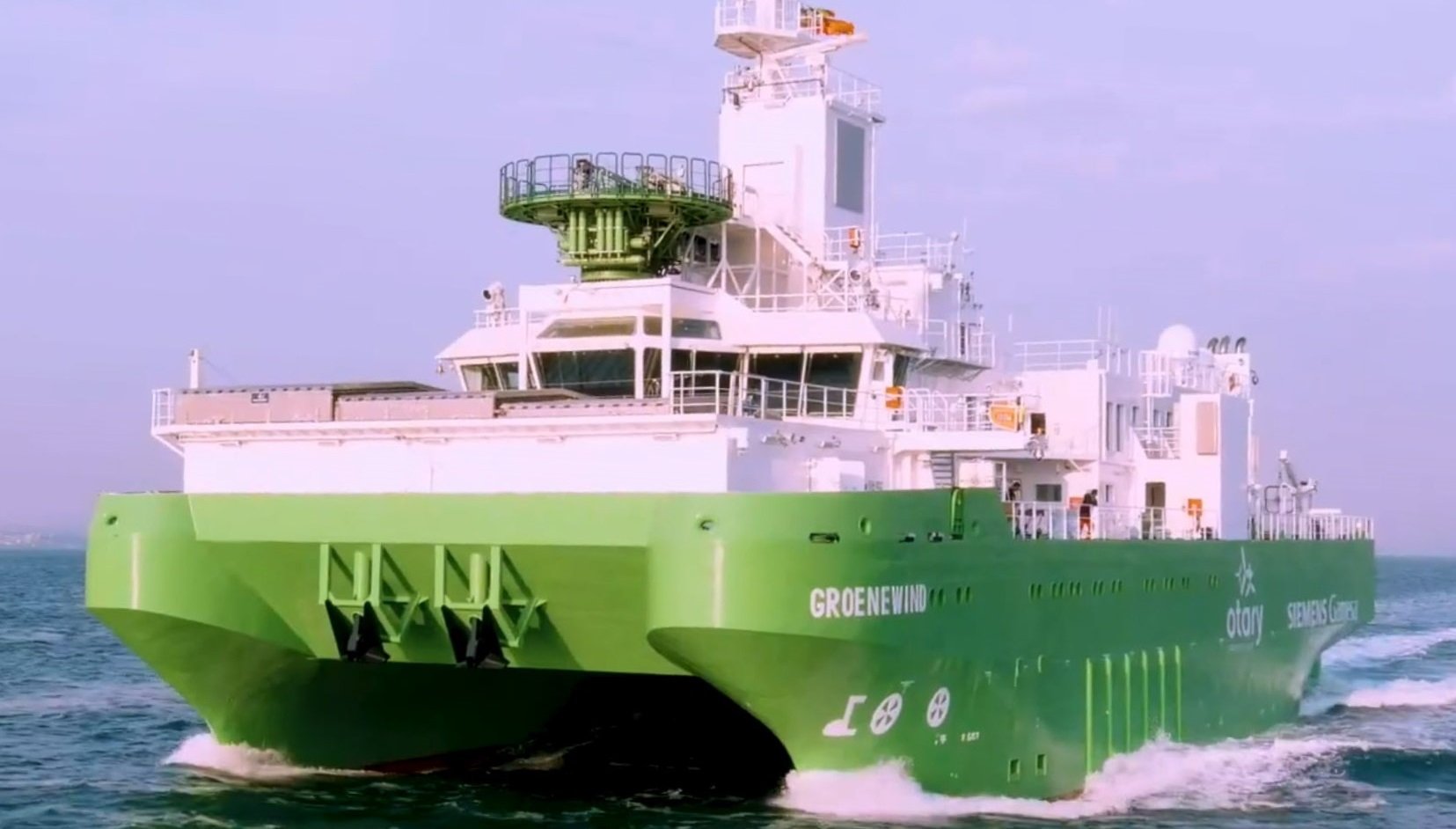The /25 coffee harvest in Brazil’s Southeast region officially ended in July, marking the beginning of a new stage for the sector: the export of the harvested beans. According to data from the Brazilian Coffee Exporters Council (Cecafé), the country maintained its position as the world’s largest producer and exporter of coffee, recording the third-largest volume in history.
São Paulo and Minas Gerais, the main Arabica-producing states, experienced a decline in productivity due to the negative biennial cycle and adverse weather conditions. Even so, the national harvest reached 55.7 million bags, with robusta (conilon) coffee standing out thanks to record performance supported by stable weather in Espírito Santo.
This result is crucial for Brazil to maintain its global leadership, especially in light of the continued growth in worldwide coffee demand. Estimates from the International Coffee Organization (ICO) show that around 485,000 60-kg bags are consumed daily worldwide. Europe remains the top consumer, with 53.7 million bags purchased in the last harvest—30.35% of global demand. However, China has emerged as a new consumption hub, with its coffee intake growing 150% over the past decade and projected to reach 6.3 million bags in the next harvest, surpassing its domestic production, according to USDA data.
Despite high demand and solid harvest results, Cecafé highlighted a concerning figure: in July 2025, Brazil failed to export 508,732 bags of coffee—the equivalent of 1,542 containers—leading to a revenue loss of R$1.084 billion. The main reasons were delays and changes in vessel schedules.
Against this backdrop, Sepetiba Tecon, a container terminal at the Port of Itaguaí, has gained importance, consolidating itself as a strategic outlet for exports with weekly sailings to China and Europe, Brazil’s main destinations for coffee exports. “In addition to regular sailings, to move the full export volume without bottlenecks, we need road and rail access that avoids urban centers, and gates open in advance. We bring all these factors together, which explains the choice made by coffee producers who work with us,” said Guilherme Vidal, general manager of Sepetiba Tecon.
For Ronald Pires de Moraes, Administrative Export Manager at Cooxupé—Brazil’s largest coffee cooperative—creating new logistics corridors is crucial to expanding options and securing alternatives for shipments. “Distributing coffee exports across multiple outlets is necessary to prevent losses throughout the production chain. The Port of Itaguaí is one of the options we rely on to avoid the recurring shipping delays,” said Moraes.
Sepetiba Tecon expects shipment volumes to grow in the coming months, further strengthening the Port of Itaguaí’s role in Brazilian coffee logistics.
Source: Sepetiba Tecon





